Blogs
I was diagnosed with borderline personality disorder (BPD) in my 20s after a pill overdose and a pseudopsychotic episode. After receiving outpatient care for a year, I was told that I no longer met the criteria for BPD. In the years since, I've been living my life with the understanding that I have depression, anxiety, and complex posttraumatic stress disorder (PTSD). This changed in 2022. (Note: This post contains a trigger warning.)
When I was in college, I was so busy with school and socializing that I never had a moment or a reason to be bored. I was never even bored during my classes. But as a working adult, life is much more mundane. Outside of work, there are times when even my hobbies seem boring. In this post, I talk about my experience with boredom, how it affected my mental health, and the ways I overcame it.
When experienced in tandem, self-sabotage and self-harm can create a unique psychological trap that is difficult—but not impossible—to escape.
The truth is out. I'm a mental health blogger who is not entirely comfortable talking about my mental health journey. Yes, I divulge details of one of the most painful and personal experiences in my life on the Internet that anyone can see with the click of a mouse or a tap of a finger, but every time I hit "publish," I get a little rush of fear. I fear that my colleagues will read my articles and think I'm a less competent worker. I fear that the guy I'm interested in will read about my experiences before I feel it's time to sit down and tell him directly. The funny thing about my fear is that it's not manufactured solely by myself; it's a byproduct of societal influence.
The topic of suicide is one that many people shy away from but shouldn't. The overwhelming feelings of despair and hopelessness should receive the attention they need to garner help and guidance rather than shame or humiliation. September is National Suicide Awareness Month, with World Suicide Prevention Day falling on September 10. The more information we can put out there may help people like me who face suicidal ideation. (Note: This post contains a trigger warning.)
My schizoaffective suicidal thoughts used to really scare me. I was frightened to the point that I went to the emergency room three times because of them and was even hospitalized once. I was afraid I was actually going to hurt myself. But slowly, over the years, I realized that, as scary as the thoughts were, I wasn’t going to die by suicide. The evidence is that I have had these thoughts for decades. And instead of hurting myself, I took care of myself and have built up coping skills for dealing with my schizoaffective suicidal thoughts. (Note: This post contains a trigger warning.)
During a recent session with my therapist, I felt compelled to ask for her professional take on my relationship with exercise. I told her that I prioritize running over just about every other line item in my routine. I told her that I feel immense amounts of shame if I cannot squeeze in an hour-long workout on a daily basis. I told her that I consistently run in the 105-degree Arizona heat, no matter how miserable the experience is. I told her that I rarely feel like the choice to stop running is even an option. I told her that I am afraid that without exercise, I will lose control of my entire life. She listened to me rattle off all this information, then replied matter-of-factly: "You have an exercise addiction. How is it working for you?"
Throughout my life, I've had an internal dialog of thoughts that offers commentary on my daily life. Recently I've noticed that some of those thoughts can be negative. The negative thoughts occur when I feel that I've done something wrong. These thoughts could come after driving too aggressively, snapping at a friend, or being lazy. Today, I'd like to talk about how those negative thoughts can be damaging and how to accept negative thoughts with grace and build self-esteem at the same time.
I can't stop crying. It's because of personal loss and depression; I know this. But it seems that all the knowledge in the world doesn't help. It seems like I just manage to right the ship, and then I find myself in a pool of brackish water again. Not everyone with depression reacts this way, but I cry far more than my fair share. No matter what I do, I just can't stop crying.
I don't often plan these blog posts ahead of time. Normally, I just sit down a couple of hours before posting, open Docs, and have a think about what aspect of attention-deficit/hyperactivity disorder (ADHD) I'm going to write about that day.
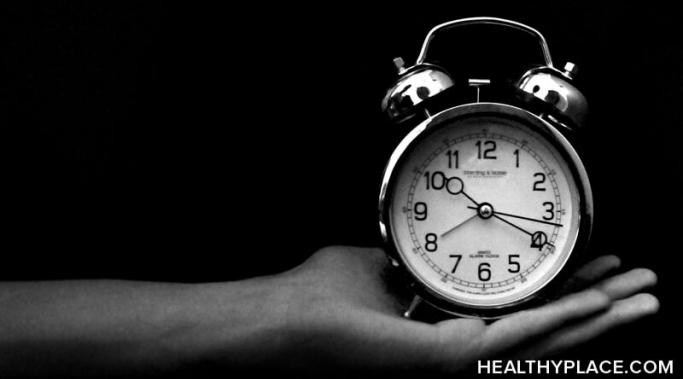
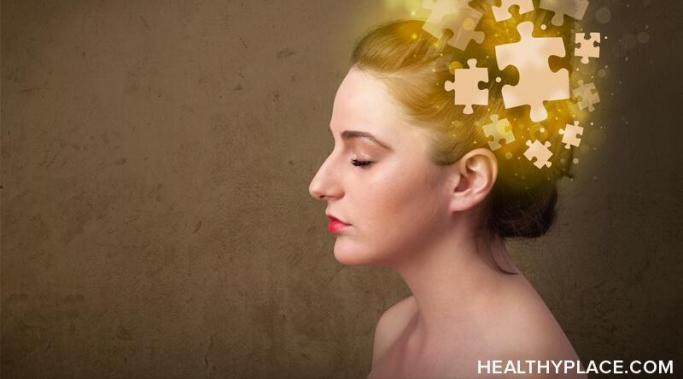

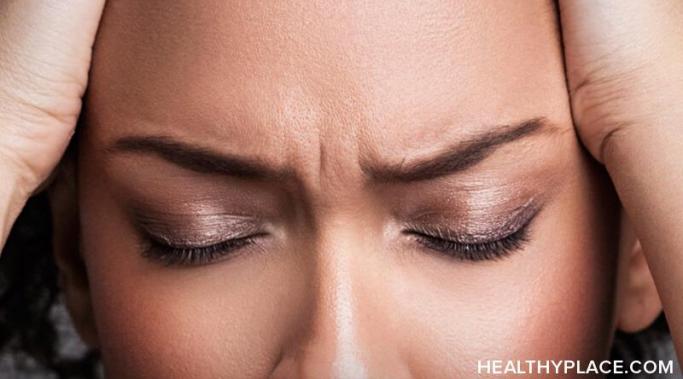



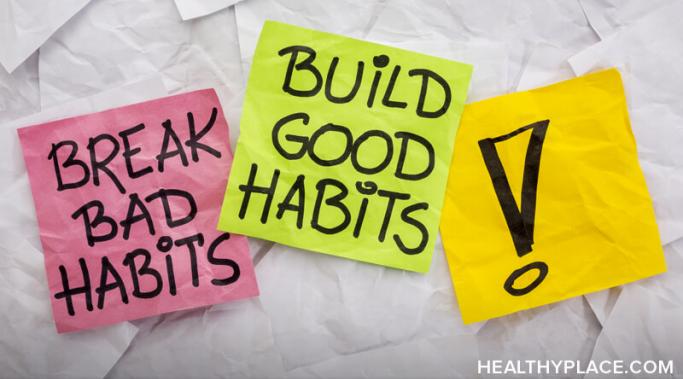

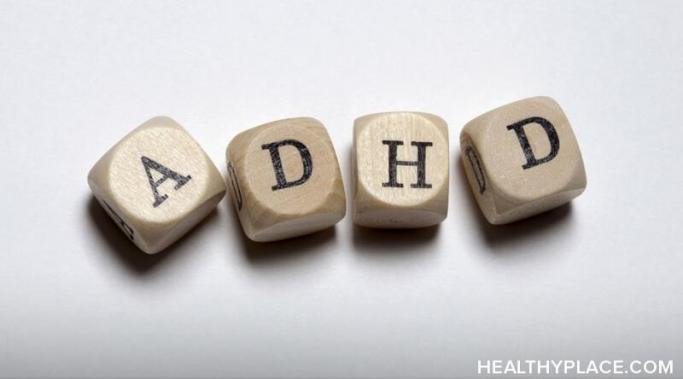
I read this book many years ago, just as I was entering the turmoil of remembering, questioning and doubting myself all the way (as I'd been covertly taught over a lifetime). I happened to mention to my two sisters one day, "This is so strange but I've been diagnosed with PTSD." Both my sisters surprised me by responding, "Me too."
THEN I happened upon an old book manuscript that my now deceased father had written (not published), wherein the protagonist was obviously based upon himself and he rapes his "fiancee," who had my unusual name. Yes, truly.
Then I made myself look at the peculiar memory I always had where he violently threatened me but somehow I had never been able to recall what came before or after the episode. I had to admit that was a bit strange.
The pressures and powers to forget sexual abuse are great, both in family and society. In fact, I've come to the sad conclusion that the vast majority of survivors never really deal with their childhood wounds (a neglect for which there are always repercussions).
To critique an encouragement of people trusting their intuition in such matters is really getting the prescription dangerously wrong.
Thanks!